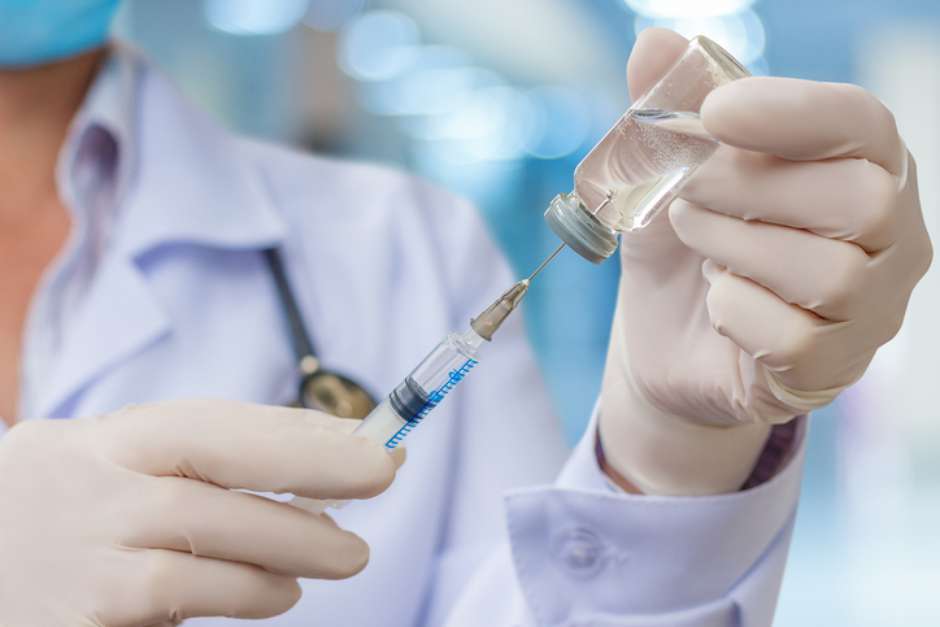SHARES

What is human papillomavirus (HPV) vaccine?
The vaccine contains the harmless form of HPV that protect against HPV infection. HPV is a group of more than 200 related viruses that affect the skin and moist membranes lining the body. Commonly affected areas include the cervix, anus, mouth and throat. The infection also manifests as warts at the genital area. The virus can be transmitted through vaginal, anal, or oral sex.
The vaccines available in the market are Gardasil®, Gardasil® 9 and Cervarix®. All vaccines provide protection against HPV types 16 and 18, which is the main culprit for cervical cancers and other HPV-caused cancers. On top of that, Gardasil also prevents genital warts with HPV types 6 and 11. In addition to Gardasil’s coverage, Gardasil 9 provides protection against five other cancer-causing HPV types.
Why should someone receive HPV vaccine?
The vaccine protects against cancers caused by HPV infection. Most people with HPV never develop symptoms or health problems. Nevertheless, some HPV infections may persist, and lead to cancers and other diseases.
HPV infection can cause:
- cancers of the cervix, vagina, and vulva in women;
- cancers of the penis in men; and
- cancers of the anus and back of the throat in both women and men.
Annually, HPV results in 32,500 cancers in men and women in the United States. With HPV vaccination, 90% of these cancers could have been prevented.
Who should receive HPV vaccine?
The recommended age for HPV vaccination is 11 or 12 years old, although the vaccination can be started at as young as nine years old. Young women can receive vaccination through age 26, while young men through age 21.
For these special cases, vaccination is recommended through age 26:
- young men who have sex with men;
- young adults who are transgender; and
- young adults with certain immunocompromising conditions (including HIV).
How should HPV vaccine be given?
The vaccine is most effective when given prior to HPV exposure.
For someone younger than 15 years old, two doses of vaccine are recommended. There should be a 6 to twelve months gap between the first and second dose of vaccine. If the second dose was received in less than five months apart, a third dose of vaccine will be required.
For those aged 15 through 26 years, three doses of vaccine are given over six months. The same is also recommended for people with certain immunocompromising conditions aged 9 through 26 years.
How effective is HPV vaccine?
The vaccines are extremely effective in providing close to 100% protection against cervical precancers and genital warts. A 64% reduction in vaccine-type HPV infections among teen girls was also observed since the introduction of vaccine in the United States.
A clinical trial of Gardasil in men determined that it can prevent cell changes in the anus which resulted from persistent infection and genital warts; meanwhile, a clinical trial of Cervarix in women indicated protection against persistent HPV 16 and 18 infections in the anus and the oral cavity. Besides that, Gardasil 9 was found to be nearly 100% effective in preventing cervical, vulvar, and vaginal disease caused by the targeted HPV types.
Currently, Gardasil, Gardasil 9 and Cervarix were found to provide protection for at least 10, six and nine years, respectively. However, further studies are required to establish the total duration of protection.
Prevention is better than cure. Protect you and your loved ones from HPV-related infections and cancers by receiving HPV vaccines.
Come, learn and connect with other women as our medical specialist experts share valuable insights on women’s health problems and learn how to Beat Breast Cancer, the most common cancer among women in Singapore.
To join this exclusive session, book yourself a seat today: Click here to register
Reference
- Human Papillomavirus (HPV) Vaccines (NIH)
- What is HPV? (NHS)
- Human Papillomavirus (HPV): Questions and Answers (CDC)
If you would like to make an appointment with a general practitioner:
Find a general practitioner in Malaysia, on GetDoc
Find a general practitioner in Singapore, on GetDoc
by Joanne Lee
Multipotentialite. Loves creating and seeing ideas come alive. View all articles by Joanne Lee.





